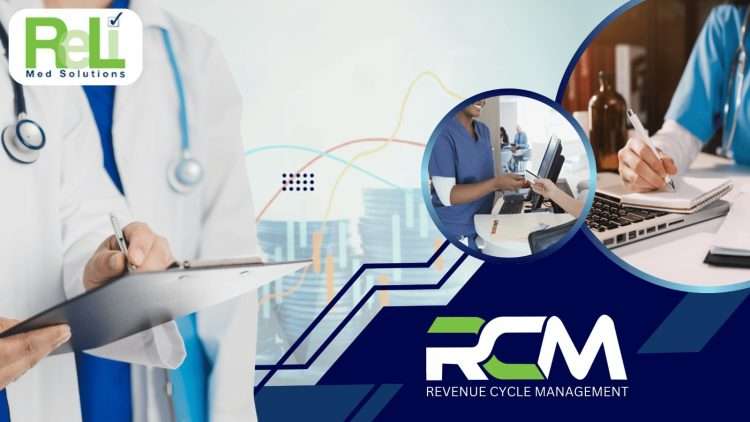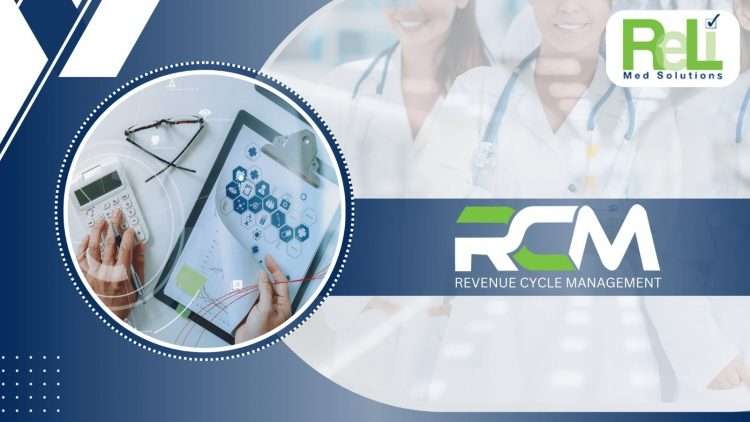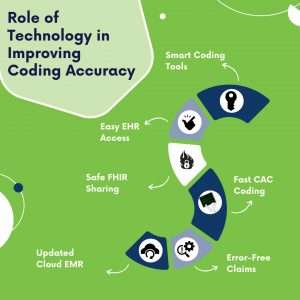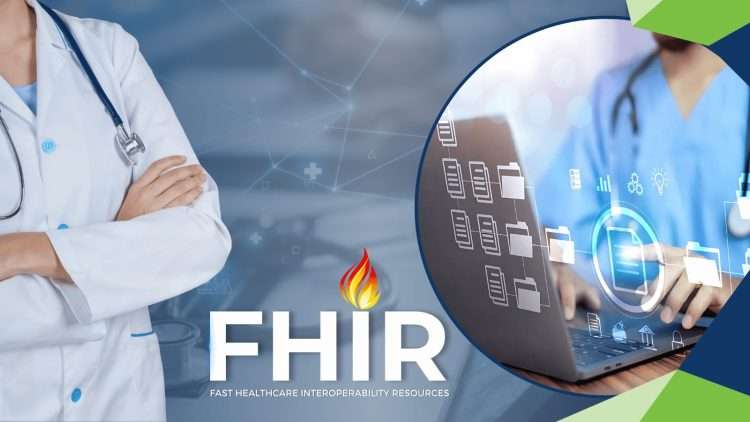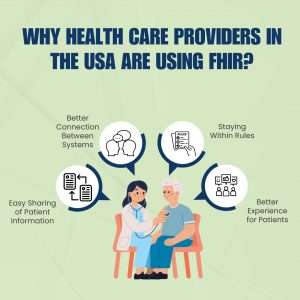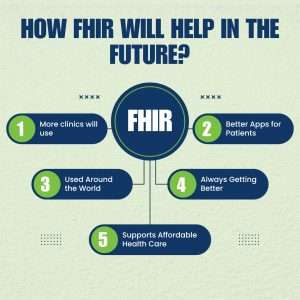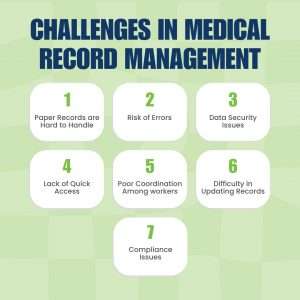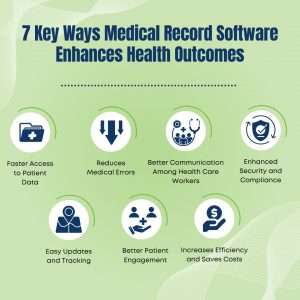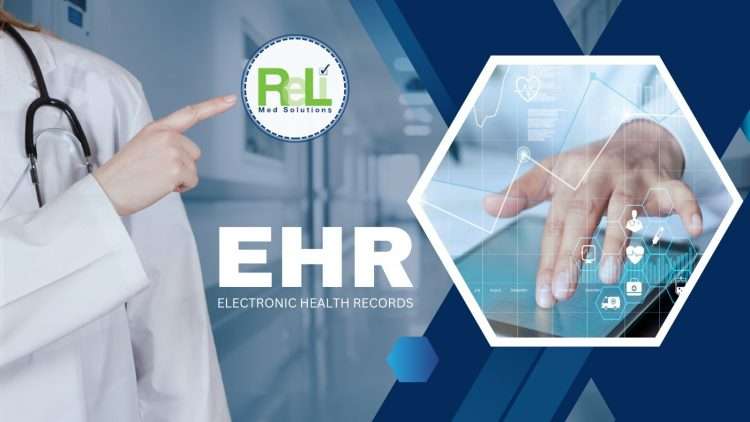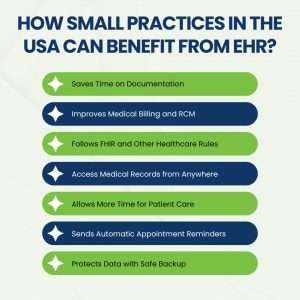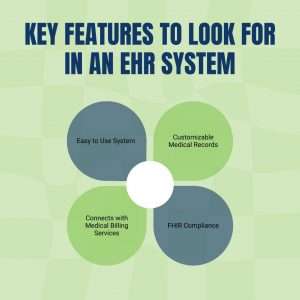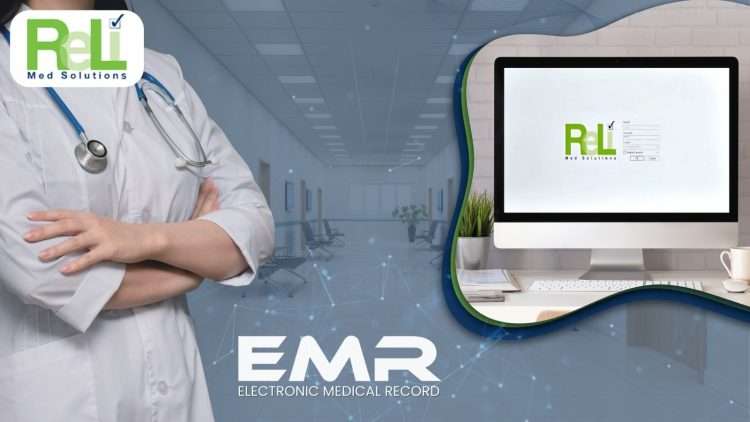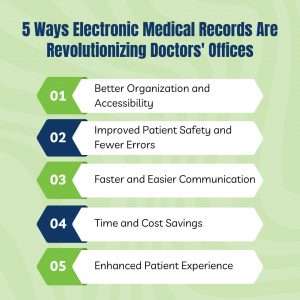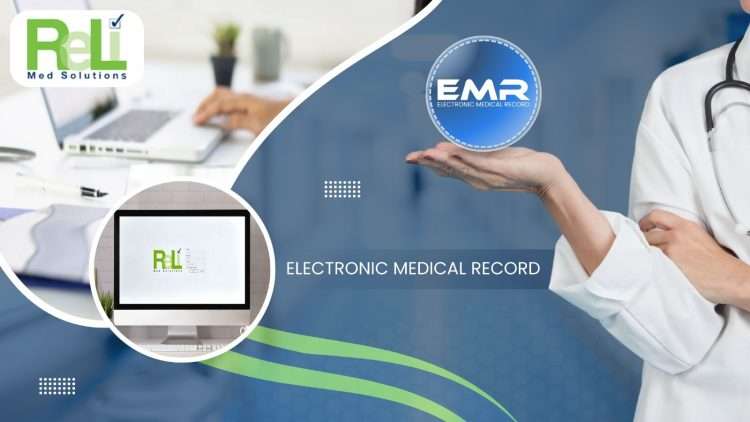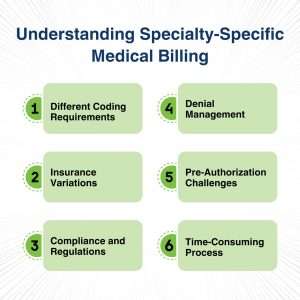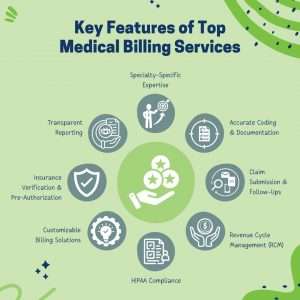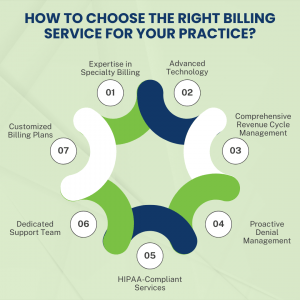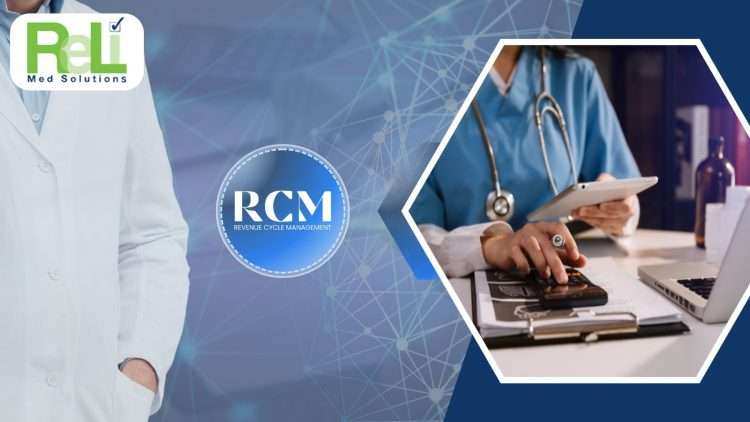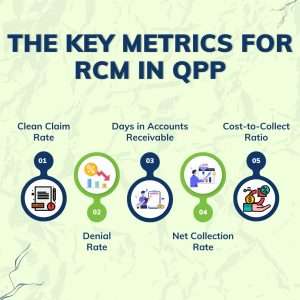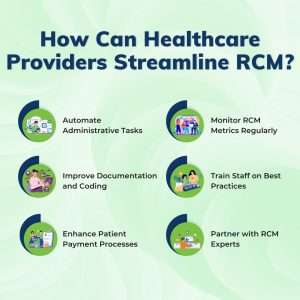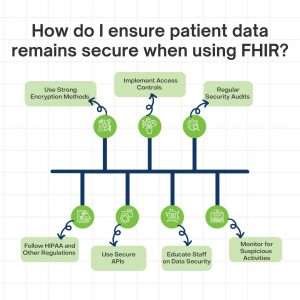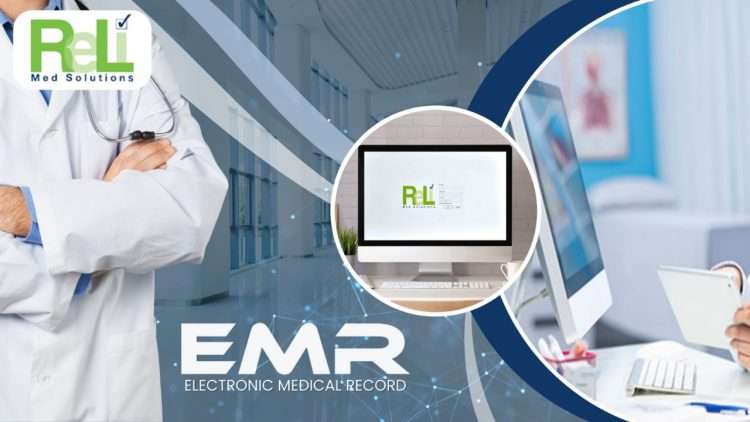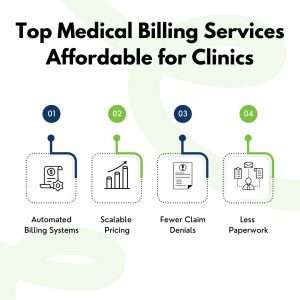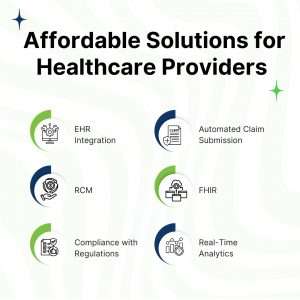5 Ways Cloud-Based RCM Software Can Transform Your Revenue Cycle in the USA
Managing RCM in health care is not easy. It includes many tasks like medical billing, handling insurance claims, and keeping track of payments. Many health care workers face issues because of billing mistakes, slow payments, and too much paperwork. If a billing error happens, the insurance company may reject the claim, causing payment delays. Also, old billing methods take a lot of time and effort, making it difficult to manage payments properly. But cloud-based RCM software makes this process simple and fast for health care workers. It helps by:
- automating billing
- Making claim processing quicker
- Reducing errors
so health care workers can focus more on their patients. Explore five ways that RCM software helps improve the revenue cycle in the USA.
5 Ways Cloud-Based RCM Software Improves Revenue Cycle in the USA
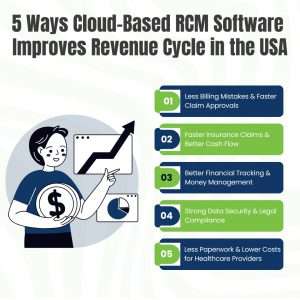
1. Less Billing Mistakes & Faster Claim Approvals
Medical billing is an important part of RCM, but small mistakes can cause big problems. If there is an error, the insurance company may reject the claim, and the health care provider will not get paid on time. But cloud-based RCM software helps by automatically checking billing details before sending claims. Because of that, claims get approved faster, and providers receive payments without delays.
2. Faster Insurance Claims & Better Cash Flow
If health care providers submit claims manually, it can take a long time for approval. But cloud-based RCM software automates claim submission and tracks status in real-time. Also, it follows FHIR standards, which help insurance companies process claims quickly. Because of that, providers get paid faster, and cash flow improves.
3. Better Financial Tracking & Money Management
Many health care providers do not track their payments properly, which leads to financial problems. But cloud-based RCM software provides clear and simple financial reports. Also, it works with EMR software for health care providers, so all billing details are in one place. Because of that, providers can manage money better and avoid losses.
4. Strong Data Security & Legal Compliance
In the USA, health care providers must follow HIPAA rules to protect patient medical records. If patient data is not secure, providers can face legal problems or fines. But cloud-based RCM software uses strong security protections like encryption to keep data safe. Also, it follows FHIR standards, so data sharing is safe and legal.
5. Less Paperwork & Lower Costs for Healthcare Providers
Traditional RCM systems need a big team to handle billing, claims, and payments. But cloud-based RCM software automates these tasks, so less people are needed. Also, it helps hospitals and clinics save time and money. Because of that, providers can focus more on patient care and reduce costs.
How Cloud-Based RCM Works? – Powered by ReLi Med Solutions
ReLi Med Solutions has easy cloud-based RCM software that helps healthcare providers handle billing, payments, and security without trouble. It reduces mistakes, makes claim approval faster, and keeps financial records safe. Here is how our RCM software makes your work easier:
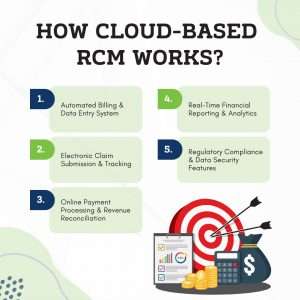
1. Automated Billing & Data Entry System
Medical billing takes a lot of time, but ReLi Med Solutions’ RCM software makes it quick and simple by automating billing and data entry. So all billing details stay correct and updated. Because of that, mistakes are fewer, and billing is done on time, helping your clinic work smoothly.
2. Electronic Claim Submission & Tracking
If claims are sent manually, healthcare providers do not know if they are approved or rejected until they get a reply. But ReLi Med Solutions’ RCM software allows fast electronic claim submission and tracking. Also, it follows FHIR guidelines, which help healthcare providers and insurance companies share data safely and quickly. Because of that, claims are approved faster, and payments come on time.
3. Online Payment Processing & Revenue Reconciliation
Handling payments from insurance companies and patients can be hard and confusing when done manually. But ReLi Med Solutions’ RCM software makes it simple by tracking payments online. Also, it records all payments correctly, so there are no missing or wrong payments. Because of that, healthcare providers can easily manage their money and get paid faster.
4. Real-Time Financial Reporting & Analytics
If healthcare providers do not check their income, they may not notice they are losing money. But ReLi Med Solutions’ RCM software gives live financial reports, so providers can see earnings, track unpaid bills, and manage money better. Also, it works with medical billing and EMR software, making it easy to check records anytime. Because of that, providers can make smart business decisions and grow income.
5. Regulatory Compliance & Data Security Features
If healthcare providers do not follow HIPAA and FHIR rules, they may face legal problems or fines. But ReLi Med Solutions’ RCM software keeps all billing and patient data safe. Also, it has strong security features to stop data leaks and cyber threats. Because of that, healthcare providers can focus on their work without worrying about security problems.
FAQs
- How does cloud-based RCM software stop claim rejections?
It checks for mistakes before sending claims, so insurance companies accept them faster.
- Can this software work with my EMR system?
Yes, it connects with EMR software for healthcare providers, making billing and patient records easy.
- Does cloud-based RCM software keep patient data safe?
Yes, it follows HIPAA and FHIR rules, so patient information stays protected.
- How does this software help small clinics get money faster?
It sends claims quickly, tracks payments, and helps clinics get paid on time.
- Can this software handle different insurance plans and billing codes?
Yes, it supports many insurance companies and codes, making billing easy.
Conclusion
Managing Revenue Cycle in health care is difficult, but ReLi Med Solutions makes it easier with cloud-based RCM software. It automates billing, speeds up claims, and improves financial tracking. Plus, it integrates seamlessly with EMR software, helping healthcare providers manage both medical and financial data efficiently. With ReLi Med Solutions, you can increase profits, reduce costs, and focus more on patient care. Upgrade your revenue cycle management today!

